-
The Environmental Dimensions of Sustainable Recovery: Q&A with Ken Conca and Anita van Breda (Report Launch)
›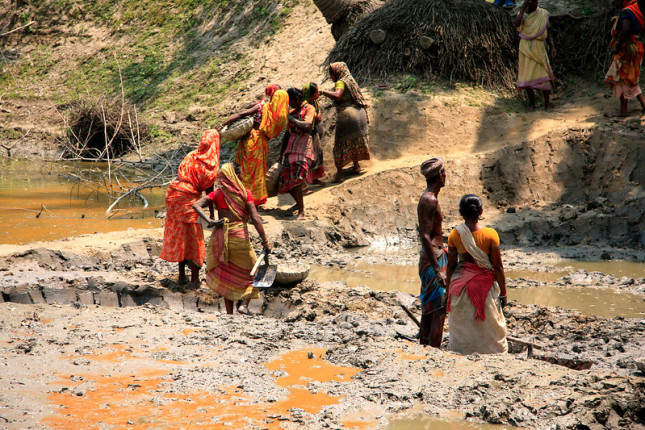
Recognizing the need to address environmental challenges in the wake of war and disaster, American University’s School of International Service and World Wildlife Fund (WWF) joined together to launch the project “Environmental Dimensions of Sustainable Recovery: Learning from Post-Conflict and Disaster Response Experience.” As representatives of a leading conservation NGO (World Wildlife Fund) and a professional graduate school with extensive expertise in environment, development, and conflict resolution (American University’s School of International Service), Anita van Breda and Ken Conca’s partnership helped to conduct a truly cross-organizational, cross-perspective exchange and familiarized them with the challenges and opportunities that occur when working across sectors and organizational cultures.
-
Starting at the Top: Environmental Security in the Himalayas
› As an inhabitant of the Himalayan region of Nepal, where 8 of the 10 highest peaks of the world are situated, I am experiencing first hand several environmental stresses and insecurities. Many of the high mountains I can see from my village, once covered in snow, are turning black. Neighboring areas are experiencing massive out-migration and demographic changes. Consequently, agriculture in the region is facing an unprecedented crisis.
As an inhabitant of the Himalayan region of Nepal, where 8 of the 10 highest peaks of the world are situated, I am experiencing first hand several environmental stresses and insecurities. Many of the high mountains I can see from my village, once covered in snow, are turning black. Neighboring areas are experiencing massive out-migration and demographic changes. Consequently, agriculture in the region is facing an unprecedented crisis.Droughts, irregular rainfall and erratic floods, landslides and mudslides, forest fires, pollution of our land and water, and energy insecurity are frequently observed in Nepal. River systems born out of the Himalayas are shrinking. Erratic climate behavior is heavily affecting the flora and fauna and contributing to biodiversity loss.
-
Great Power Resource Competition in a Changing Climate: New America’s Natural Security Index
›Late last year, Reuters reported that the U.S. Defense Department plans to fund mining and processing operations for rare earth elements—a class of minerals for which China dominates the global market, producing over 80 percent of the world’s supply. In the past, China has restricted exports of rare earths, and recently threatened to do so again. Even with a phase one trade deal hammered out between the United States and China, natural resources are likely to remain a point of geopolitical tension.
-
Beware the Dark Side of Environmental Peacebuilding
›
Environmental peacebuilding is a good idea. As a practice, it aims to address simultaneously environmental problems and challenges related to violent conflict. Examples include the promotion of environmental cooperation between rival states, conflict-sensitive adaptation to climate change, and restoring access to land and water in post-conflict societies. As a concept, environmental peacebuilding directs researchers’ and politicians’ attention to cooperative adaptation as a response to environmental stress. It thus helps to correct one-sided narratives about environment-conflict links.
-
Community Input Improves Climate Change-Induced Resettlement Effort
›
In the Global South, climate change-induced resettlement requires a holistic and integrated approach, involving all stakeholders—state institutions, local customary and civil society institutions—and in particular respectful engagement with local traditional actors and networks. In a policy brief for the Toda Peace Institute, we examined climate change-induced resettlement from the Carteret Islands in the Pacific, a case which encompasses a broad range of issues relevant to future relocation efforts elsewhere. Those who seek to make this type of resettlement possible would do well to heed these lessons.
-
To Help Save the Planet, Stop Environmental Crime
› Since the dawn of the Industrial Revolution, humans have so vastly altered Earth’s systems that we’re now in the midst of what many are calling the Anthropocene Epoch. Human activity has become the dominant influence on climate and the environment, inflicting changes that may persist for millennia.
Since the dawn of the Industrial Revolution, humans have so vastly altered Earth’s systems that we’re now in the midst of what many are calling the Anthropocene Epoch. Human activity has become the dominant influence on climate and the environment, inflicting changes that may persist for millennia.We are razing the planet’s last intact wild lands, degrading, deforesting, carving up, and destroying huge swathes of habitat. We’re overfishing and poisoning our rivers and oceans. We continue to pump greenhouse gases into the atmosphere, raising CO2 levels and hastening climatic changes that are already affecting all life on Earth.
-
Foresight for Action | Improving Predictive Capabilities for Extreme Weather and Water Events in Pakistan
›
Pakistan ranks eighth on the list of countries most affected by extreme weather events (1998–2017 data), according to the 2019 Global Risk Index. With increasing global temperatures, severe weather and water events, like monsoons and droughts, are likely to become even more frequent and extreme in the future. Since the 1960s, Pakistan has observed changes in temperature and precipitation. By the end of the century, Pakistan’s temperatures are expected to be significantly higher than the global average.
-
All the Population Future We Cannot See
› In the quarter century the Wilson Center’s Environmental Change and Security Program has been pondering the issues for which it’s named, the world’s demographic future has been wobbling. A key concern of analysts: How many people will farmers need to feed in 2050? Mainstream projections have teetered between 8.9 billion and 9.8 billion, amounting to an increase of between 13 and 21 percent over today’s 7.7 billion. This significant variation in projections is rarely acknowledged by prognosticators. Many simply round up today’s latest guess and state confidently that there will be 10 billion people in 2050—though just a few years ago, the number most confidently stated was 9 billion.
In the quarter century the Wilson Center’s Environmental Change and Security Program has been pondering the issues for which it’s named, the world’s demographic future has been wobbling. A key concern of analysts: How many people will farmers need to feed in 2050? Mainstream projections have teetered between 8.9 billion and 9.8 billion, amounting to an increase of between 13 and 21 percent over today’s 7.7 billion. This significant variation in projections is rarely acknowledged by prognosticators. Many simply round up today’s latest guess and state confidently that there will be 10 billion people in 2050—though just a few years ago, the number most confidently stated was 9 billion.
Showing posts from category Guest Contributor.


 As an inhabitant of the Himalayan region of Nepal, where 8 of the 10 highest peaks of the world are situated, I am experiencing first hand several
As an inhabitant of the Himalayan region of Nepal, where 8 of the 10 highest peaks of the world are situated, I am experiencing first hand several 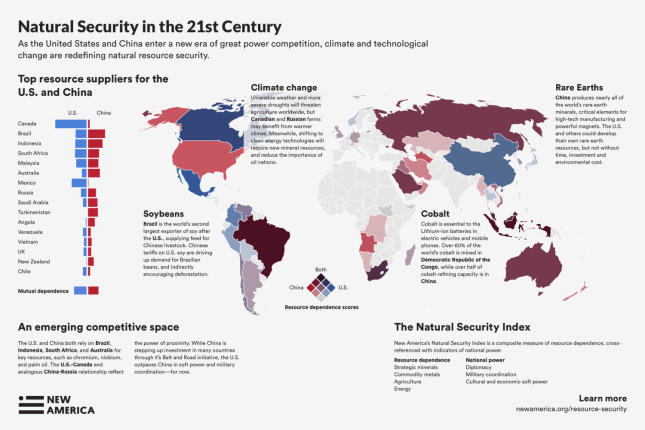
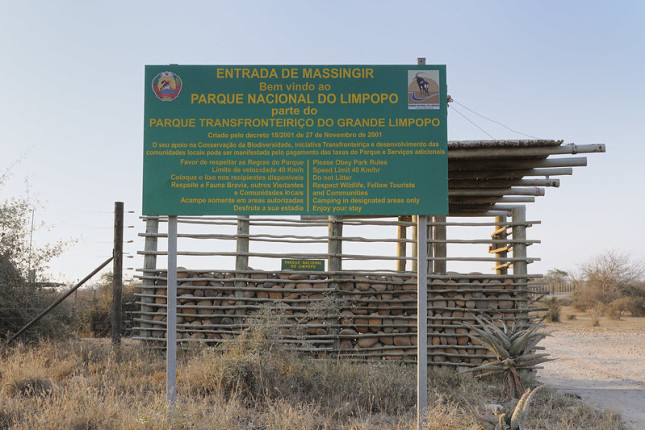
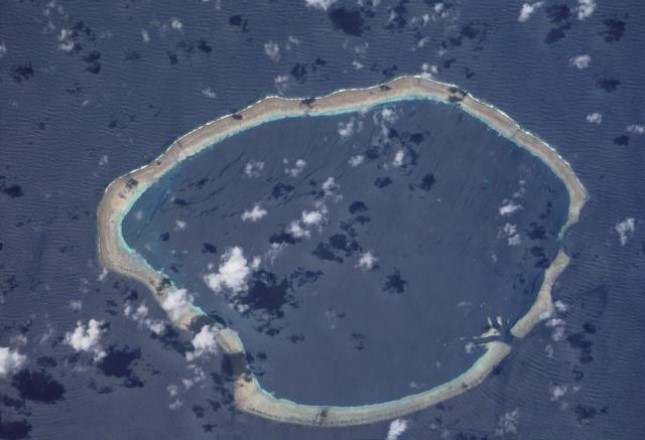
 Since the dawn of the Industrial Revolution, humans have so vastly altered Earth’s systems that we’re now in the midst of what many are calling the
Since the dawn of the Industrial Revolution, humans have so vastly altered Earth’s systems that we’re now in the midst of what many are calling the 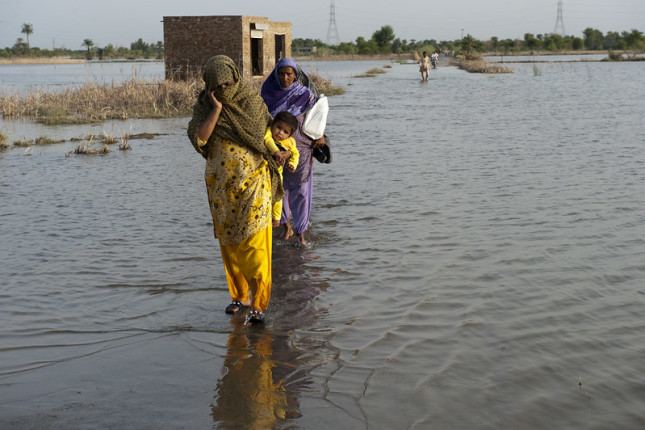
 In the quarter century the Wilson Center’s Environmental Change and Security Program has been pondering the issues for which it’s named, the world’s demographic future has been wobbling. A key concern of analysts: How many people will farmers need to feed in 2050? Mainstream projections have teetered between 8.9 billion and 9.8 billion, amounting to an increase of between 13 and 21 percent over today’s 7.7 billion. This significant variation in projections is rarely acknowledged by prognosticators. Many simply round up today’s latest guess and state confidently that there will be 10 billion people in 2050—though just a few years ago, the number most confidently stated was 9 billion.
In the quarter century the Wilson Center’s Environmental Change and Security Program has been pondering the issues for which it’s named, the world’s demographic future has been wobbling. A key concern of analysts: How many people will farmers need to feed in 2050? Mainstream projections have teetered between 8.9 billion and 9.8 billion, amounting to an increase of between 13 and 21 percent over today’s 7.7 billion. This significant variation in projections is rarely acknowledged by prognosticators. Many simply round up today’s latest guess and state confidently that there will be 10 billion people in 2050—though just a few years ago, the number most confidently stated was 9 billion.

